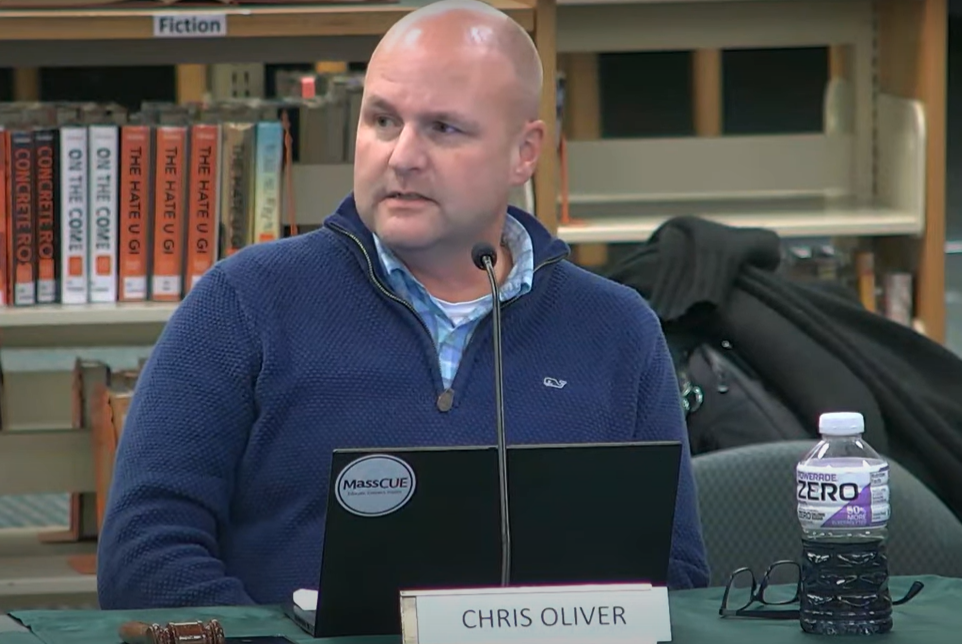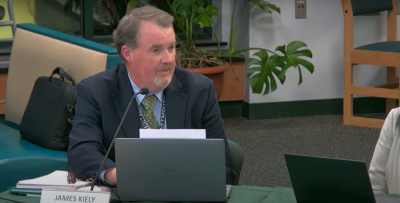School Committee evokes tax override in preliminary budget discussion
In a preliminary discussion about the fiscal year 2025 budget, Assistant Superintendent James Kiely put it best: It is “certainly shaping up to be a challenging budget season for Dartmouth Public Schools.”
Faced with rising operational costs and a few pressing infrastructure projects, Dartmouth Public Schools and the Town of Dartmouth will be faced with fitting a square peg into a round hole over the next several weeks.
“It is clear that there is a significant gap between our student needs and what the town is projecting at this point,” Kiely said at the Nov. 20 School Committee meeting.
Vice Chair Christopher Oliver put a point on the issue: “The revenues generated by the town [are] not keeping up with our budget,” he said.
“The word nobody wants to hear, and needs to have a serious spot at the table … is ‘override,’” Oliver said. “I don't really see any other way out of it to keep the services in place that we have.”
A tax override would allow the town to increase taxes above the state-mandated 2.5 percent maximum per year to pay for the budget.
An override was floated earlier this year, in May, during a discussion about the fiscal year 2024 budget. At the time, Town Administrator Shawn MacInnes said the town would need to look at addressing the “trend with the schools’ budget” in the future.
The future is now — Kiely and members of the School Committee will meet with MacInnes and Finance Director Gary Carreiro next week to discuss a path forward. Kiely will present a draft of the budget to the School Committee at its next meeting on Dec. 11.
“These are extraordinary times — we knew this was coming,” said School Committee member John Nunes.
School Committee member Shannon Jenkins agreed that an override should be considered, but said the committee should “think creatively” about how to improve the situation for the town, including looking at savings accounts that Dartmouth Public Schools is sitting on, which could be used to pitch in on capital projects.
“We need to talk about doing whatever we can to pitch in before we ask the town and the community to pitch in,” Jenkins said.
Member Elizabeth Coughlin said “override is not a pretty word in the community,” so if the town did eventually decide to go down that route, a good explanation to residents and taxpayers will be necessary.
Nunes suggested potentially getting real estate agents on board to increase community support, as they frequently use local schools as a selling point.
“Everything should be on the table,” Oliver said. “I’m more than willing to work with the town, but I think at the end of the day … we need to consider all options.”
















